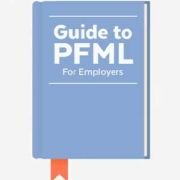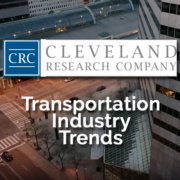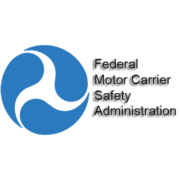The following press release from the American Transportation Research Institute (ATRI) was sent Nov. 4, including a review of their most recent Ops Costs report. A free copy of the full report is available at the ATRI website. (Free registration is required.)
ATRI’s Newest “Operational Costs of Trucking” Research Shows Dramatic Increases in Industry Costs
Arlington, Virginia – The American Transportation Research Institute today released the findings of its 2019 update to “An Analysis of the Operational Costs of Trucking.” Using detailed financial data provided directly by motor carriers of all sectors and fleet sizes, this “Ops Costs” research annually documents and analyzes trucking costs from 2008 through 2018. ATRI’s analysis provides industry stakeholders with an essential benchmarking tool, and government agencies with input on industry finances necessary for comprehensive transportation planning and infrastructure improvement analyses.
ATRI’s newest 2019 Ops Costs report documents the extremely robust economic environment that carriers and drivers experienced in 2018, but these same economic conditions put considerable upward pressure on nearly every line-item cost center experienced by carriers.
The average marginal cost per mile incurred by motor carriers in 2018 increased 7.7 percent to $1.82. Costs rose in every cost center except tires, with fuel costs experiencing the highest year-over-year growth of 17.7 percent. Not surprisingly, insurance costs saw the second fastest year-over-year growth at 12 percent. As a strategic response to the severe driver shortage that existed in 2018, driver wages and benefits increased 7.0 and 4.7 percent, respectively – representing 43 percent of all marginal costs in 2018.
Repair & maintenance (R&M) costs, at 17.1 cents per mile in 2018, have increased 24 percent since 2012 – a counterintuitive increase given the record sales of new trucks and trailers. From 2012 to 2018, overall motor carrier operational costs have increased more than 11.6 percent – exceeding the 10.8 percent inflation rate for that same time period.
ATRI’s 2019 report again includes an “Industry Sector in Focus” analysis for tank fleet operators.
“ATRI’s 2019 Operational Costs research highlights the extent of the cost increases our industry experienced in 2018. Savvy carriers will continue to use this cost data as a benchmarking tool, and to better educate our customers on the financial and operating pressures our industry faces,” said Jerry Sigmon, Executive Vice President of Cargo Transporters, Inc. “The new 2019 report also gives us important explanations and hints on how to better manage the cost volatility we’ve been experiencing.”
Since its original publication in 2008, ATRI has received over 16,000 requests for the Operational Costs reports.
A copy of this report is available from ATRI at TruckingResearch.org.
ATRI is the trucking industry’s 501(c)(3) not-for-profit research organization. It is engaged in critical research relating to freight transportation’s essential role in maintaining a safe, secure and efficient transportation system.
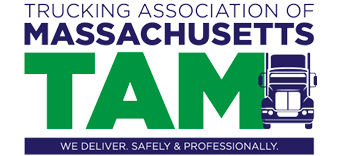
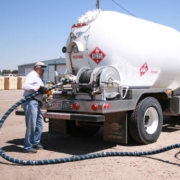
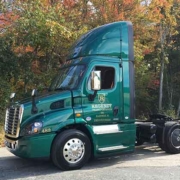
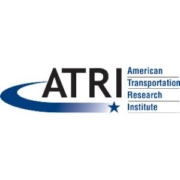
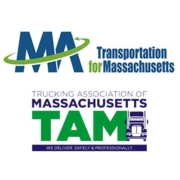


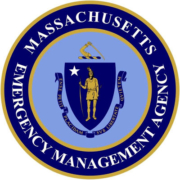
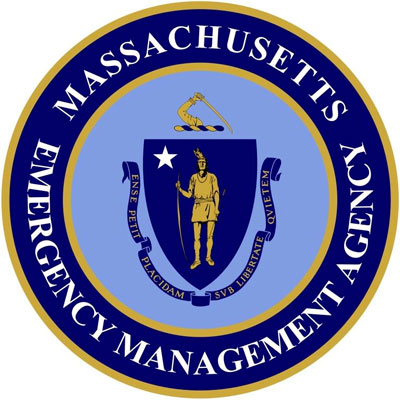 Produced by the Massachusetts Emergency Management Agency (MEMA), the monthly newsletter helps keep the public safety community of the state informed about emergency management issues.
Produced by the Massachusetts Emergency Management Agency (MEMA), the monthly newsletter helps keep the public safety community of the state informed about emergency management issues.